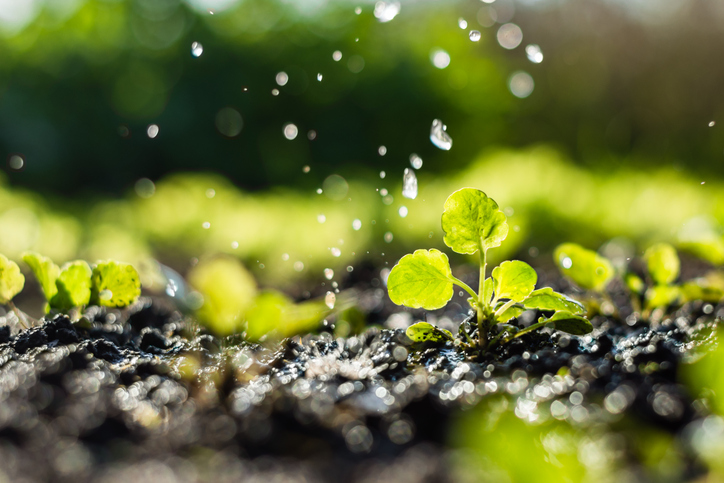When it comes to maximizing crop yields, crop performance and optimal irrigation are intertwined. However, the relationship between crop performance and irrigation isn’t just about providing water; it’s about delivering the right amount of water at the right time. Understanding this balance is key to optimizing both crop health and farm profitability.
Why Irrigation Matters
Water is a vital resource for plant growth, influencing everything from nutrient uptake to photosynthesis. Inadequate irrigation can lead to water stress, reducing growth and yield, while over-irrigation can result in waterlogged soils, root diseases, and nutrient leaching. Both extremes negatively impact crop performance, making it essential to find the optimal irrigation strategy for your specific crops and soil types.
The Science of Optimal Irrigation
Optimal irrigation is about precision—delivering the exact amount of water your crops need, no more and no less. Achieving this involves several key factors:
- Soil Moisture Levels: Soil moisture is the reservoir from which plants draw water. Monitoring soil moisture levels helps ensure that irrigation is timed correctly, maintaining soil at its field capacity without causing water stress or waste.
- Crop Water Requirements: Different crops have different water needs depending on their growth stages. For example, during flowering and fruit set, crops typically require more water. Understanding these needs helps in scheduling irrigation effectively.
- Weather Conditions: Weather plays a significant role in determining when and how much to irrigate. High temperatures and low humidity increase water loss through evapotranspiration, while rain can reduce the need for irrigation. Incorporating weather data into your irrigation planning is crucial for efficiency.
Technology and Precision Farming
Advances in agricultural technology, like the solutions offered by AgriLynk, are transforming how farmers manage irrigation. Real-time data from soil moisture sensors, combined with remote control of irrigation systems, allows for precise water delivery that matches the exact needs of the crops. This precision not only enhances crop performance but also conserves water, reducing costs and supporting sustainable farming practices.
Case Studies: Impact of Optimal Irrigation
Research and field studies consistently show that optimal irrigation practices lead to higher crop yields, better quality produce, and more efficient use of water resources. For instance, studies (MDPI, SpringerLink, MDPI) have demonstrated that precision irrigation can increase yields by up to 20% while reducing water usage by 30% or more. These improvements directly translate into higher profitability and sustainability for farmers.
The Future of Irrigation
As climate change and population growth continue to pressure water resources, the importance of optimal irrigation will only increase. By leveraging technology and data, farmers can improve their irrigation practices, ensuring that crops receive exactly what they need to thrive.
At AgriLynk, we’re committed to helping farmers optimize their irrigation systems through innovative solutions that make precision farming easier and more effective. By understanding the relationship between crop performance and irrigation, you can take proactive steps to enhance your farm’s productivity and sustainability.
Call or email AgriLynk today at 760-723-1529 or sales@agrilynk.com

